 A Consumer’s Guide to Pesticides in Produce (starts 7:55) You may be wondering if you washed the strawberries, blueberries or kale that you had for breakfast this morning enough to rid them of residue of potentially harmful pesticides. That is, if they were conventionally, not organically, grown. According to the U.S. Department of Agriculture, more than 200 different pesticides remain in some form on popular fruits and vegetables that Americans eat every day. And before testing all the produce, the USDA thoroughly washes and peels them. Such tests show that simply washing produce does not remove all pesticides. In a recently released report, as part of its “Shopper’s Guide to Pesticides in Produce,” The Environmental Working Group ranked the pesticide contamination of 47 popular fruits and vegetables. Its analysis, which was based on results of nearly 50,000 samples of produce that the USDA tested, found that 70 percent of produce contains pesticide residues. But don’t despair: There is also good news in the report. Sydney Evans, a science analyst at EWG, and Liza Gross, an independent investigative reporter, speak with host Susan Moran about the EWG report and the broader societal and environmental implications of pesticides. See Liza Gross’ articles on pesticides and other issues.
A Consumer’s Guide to Pesticides in Produce (starts 7:55) You may be wondering if you washed the strawberries, blueberries or kale that you had for breakfast this morning enough to rid them of residue of potentially harmful pesticides. That is, if they were conventionally, not organically, grown. According to the U.S. Department of Agriculture, more than 200 different pesticides remain in some form on popular fruits and vegetables that Americans eat every day. And before testing all the produce, the USDA thoroughly washes and peels them. Such tests show that simply washing produce does not remove all pesticides. In a recently released report, as part of its “Shopper’s Guide to Pesticides in Produce,” The Environmental Working Group ranked the pesticide contamination of 47 popular fruits and vegetables. Its analysis, which was based on results of nearly 50,000 samples of produce that the USDA tested, found that 70 percent of produce contains pesticide residues. But don’t despair: There is also good news in the report. Sydney Evans, a science analyst at EWG, and Liza Gross, an independent investigative reporter, speak with host Susan Moran about the EWG report and the broader societal and environmental implications of pesticides. See Liza Gross’ articles on pesticides and other issues.
Hosts: Maeve Conran, Susan Moran
Producer: Susan Moran
Engineer: Maeve Conran
Additional Contributors: Chip Grandits, Beth Bennett, Gretchen Wettstein
Executive Producer: Joel Parker
Listen to the show here:
Podcast: Play in new window | Download (Duration: 27:25 — 25.1MB)
Subscribe: RSS
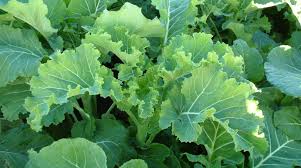


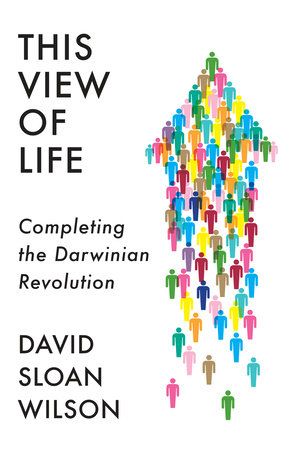


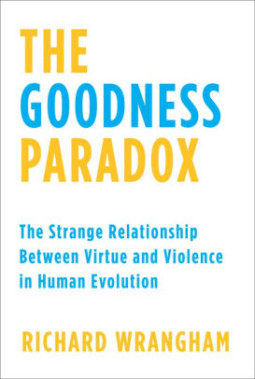
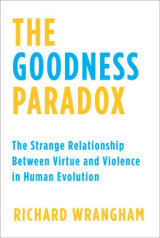 The Goodness Paradox (Teaser): Today’s spring pledge-drive show features brief clips from a recent interview with
The Goodness Paradox (Teaser): Today’s spring pledge-drive show features brief clips from a recent interview with 
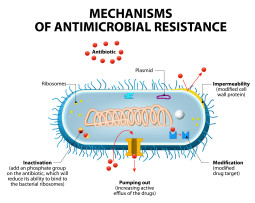
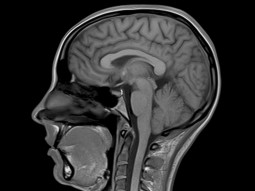
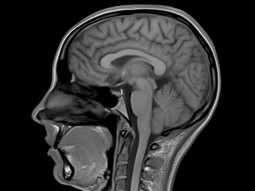
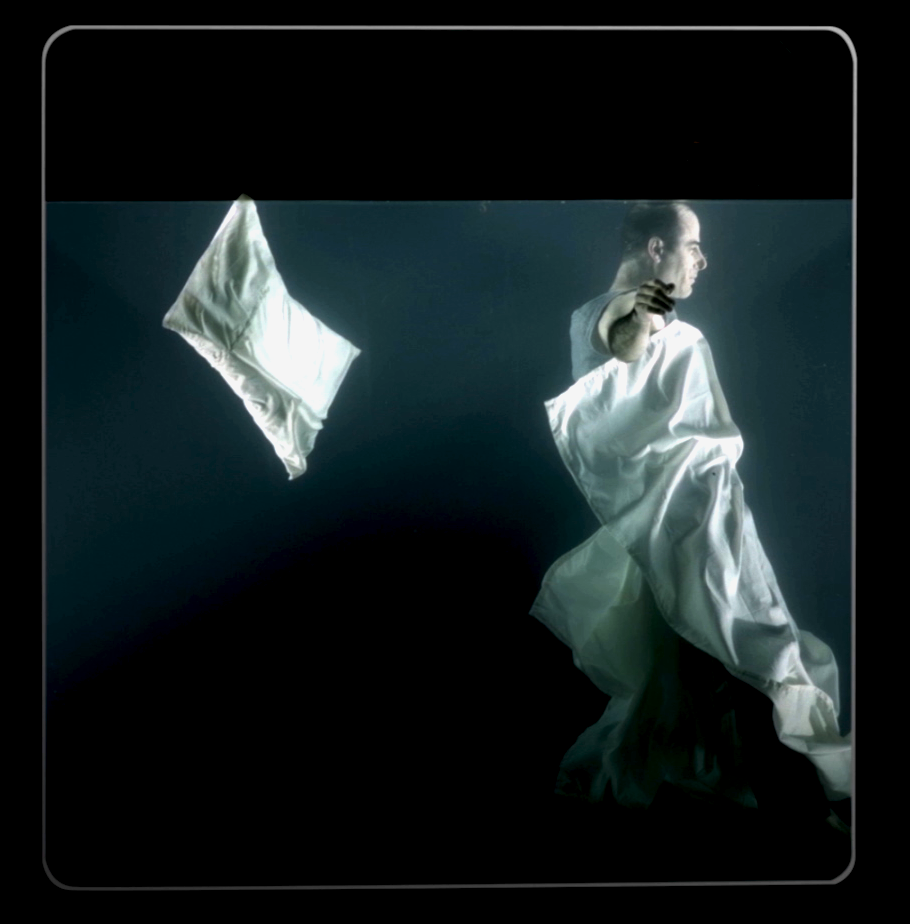
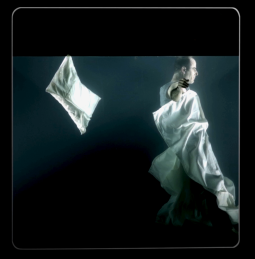
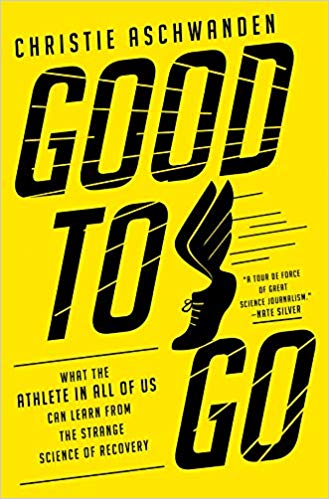
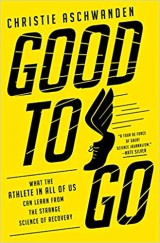 Athlete’s Guide to Recovery (starts at 5:39): Colorado is riddled with athletes, many of them incessantly chasing the latest recovery products and services that will enhance their performance — from Gatorade and other ubiquitous sports-recovery drinks, to supplements, to compression boots, to cryochambers, to good old-fashioned massages. How solid is the solid the science behind the multi-million marketing campaigns?
Athlete’s Guide to Recovery (starts at 5:39): Colorado is riddled with athletes, many of them incessantly chasing the latest recovery products and services that will enhance their performance — from Gatorade and other ubiquitous sports-recovery drinks, to supplements, to compression boots, to cryochambers, to good old-fashioned massages. How solid is the solid the science behind the multi-million marketing campaigns? 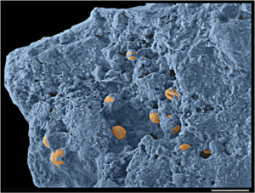
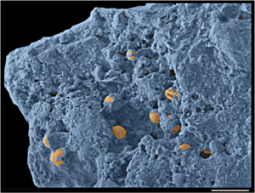 Microbial communities are all around us: in our homes, gardens, oceans, even deep underground but their roles in the function of the biosphere are poorly understood. Today Beth spoke with Professor
Microbial communities are all around us: in our homes, gardens, oceans, even deep underground but their roles in the function of the biosphere are poorly understood. Today Beth spoke with Professor 
